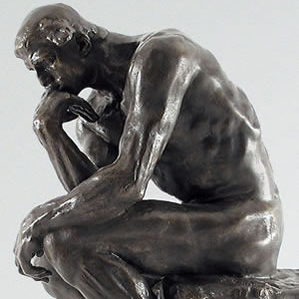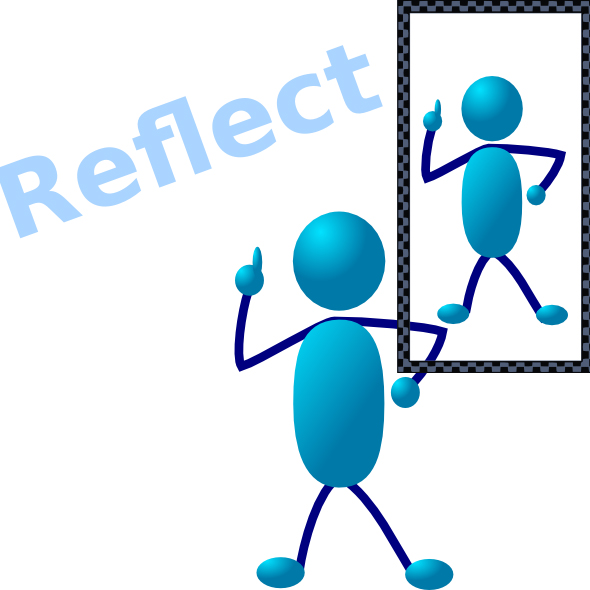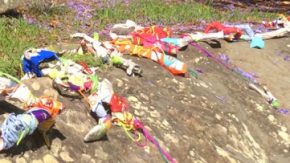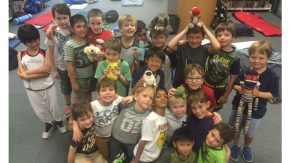PYP – Reflecting on Reflection
It’s that time of year when we tend to look back. We stop and take time to consider many aspects of our lives – thinking about things that have happened to us personally, as a community, or on a global level. This time of year provides us with the opportunity to step back and take a look at, to put into perspective, the things that are important to us. Why do we do this? Why do we spend time reflecting?
The Thinker (Auguste Rodin, 1902)
We are all familiar with reflection – every time we look in a mirror. In education, the process of reflection helps to develop deeper understanding. The PYP places a great deal of importance on reflection as without it learning does not occur. Therefore reflection on learning is imperative.
PYP students are taught to be reflective through the Learner Profile. A person who is reflective gives “thoughtful consideration to their own learning and experiences. They are able to assess and understand their strengths and limitations in order to support their learning and personal development.” (Making the PYP Happen, IBO, 2009).
Reflection is one of the eight concepts (big understandings) and poses the question ‘How do we know?’ We understand that there are different ways of knowing, and that it is important to reflect on our conclusions, to consider our methods of reasoning, and the quality and reliability of the evidence we have considered. It challenges us to examine evidence and conclusions, in doing so, it extends thinking.
So how do we learn something new?
To learn something new means that we have to make mistakes. Mistakes are part of the learning process and without reflection on those mistakes it is almost impossible to learn anything.
Think about it. What do we learn from driving our cars too fast on a wet and slippery road in bad weather conditions? We won’t learn anything until the car spins out and possibly gives us a fright. But when we make this mistake we reflect and learn that the next time, in the same weather conditions, we won’t drive fast. We have made a connection that has resulted in learning what to do in a similar situation in the future.
Learning in the classroom, however, is not quite so obvious. There is a certain amount of content that students must cover (mandated by the Board of Studies) but at NCL we enjoy our learning when it moves beyond the surface learning of knowledge and content to deeper understanding. Reflection is the essential piece that transitions a classroom from covering content to being focused on learning. The PYP classroom is a reflective place, where thoughtful considerations of issues, problems and successes is valued.
Reflection is an important part of the learning process. When we reflect on our experiences growth is the result. Reflection is an integral part of the learning process. It allows us to learn more about ourselves and how we learn, but it also aids us in improving academic skills. Teaching students to reflect on their work by noticing and correcting their own mistakes as well as which activities and behaviors allowed them to be successful is a vital part of the learning experience.
“We don’t learn from experience. We learn from reflecting on experience.” (John Dewey)
Sue Gough – PYP Co-ordinator











